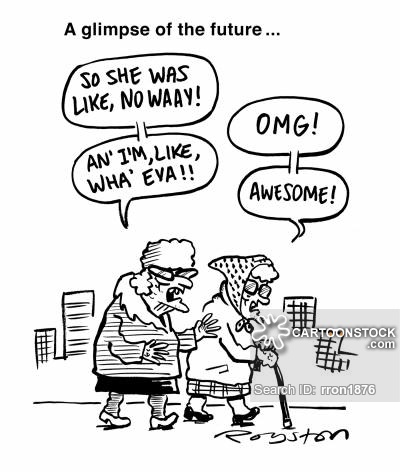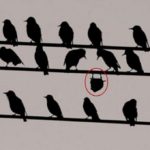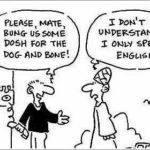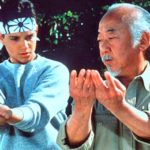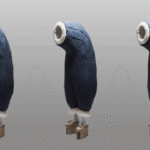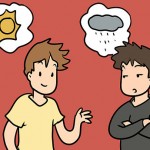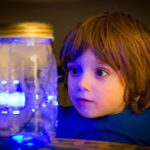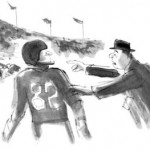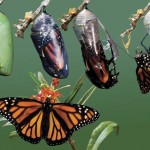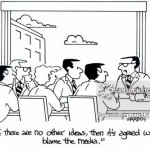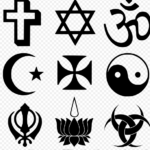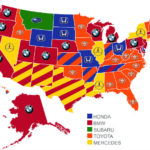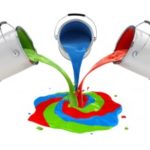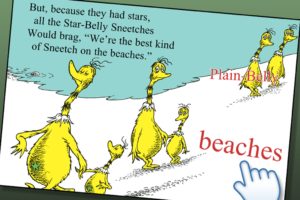Tomorrow’s Test: Transitions, Vocab, Monsters
- _____
- _____
- _____
- _____
- _____
- ______
- subside : ebb :: engross : _____
- “In this brief fraction of a moment, they take the first step toward performing a _____ that changes people from a group into a mob.”
- Always eating chicken before a baseball game is a good example of an idiosyncrasy. a) True b) False
- In the word insomnia, the prefix in- means into. a) True b) False
NextGen VOCABULARY RELAY! The class that gets around the room fastest with the fewest mistakes wins! If you are one of the people that gets a rerun, you’d better be ready! Count off, remember your number, and preview your question before we get to you.
- True/False? Referring to a judge as “Your Honor,” is an example of colloquial language.
- True/False? Always eating chicken before a baseball game is a good example of an idiosyncrasy.
- True/False? In the word insomnia, the prefix in- means into.
- True/False? Shaving your head is an example of a metamorphosis.
- True/False? Mr. Coward uses many colloquialisms.
- True/False? The word scapegoat is based on actual goats.
- True/False? In the word instill, the prefix in– means not.
- True/False? The word scapegoat can be used as a verb.
- True/False? In the word transfixed, the prefix trans– means nailed.
- True/False? To be called a phenomenon, it has to be inexplicable.
- True/False? At the end of The Midwife’s Apprentice, Alyce is optimistic.
- True/False? Dally was a pessimistic person.
- True/False? The sun coming up every morning is a phenomenon.
- True/False? The sun coming up every morning is inexplicable.
“The Monsters Are Due on Maple Street.” Act II.
You have just crossed over into… The Twilight Zone!
